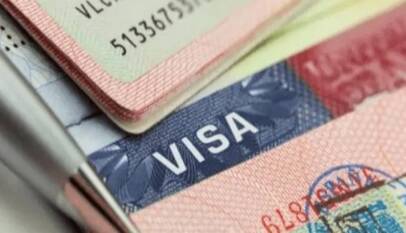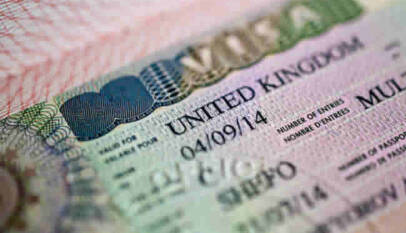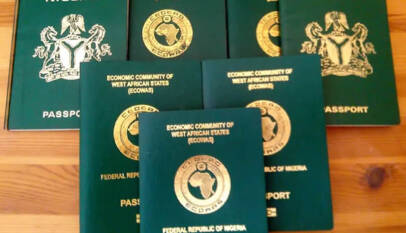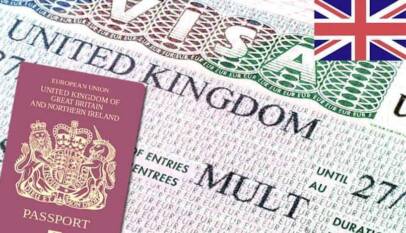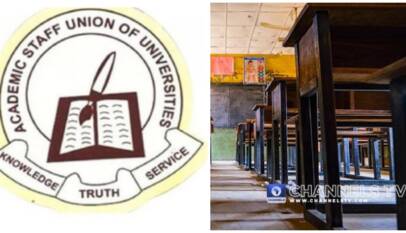Australia’s position as a top destination for international education may be under threat, as proposed changes to student visa fees could make it one of the most expensive countries in the world for global learners.
The Australian government is currently considering an increase in its student visa application fee from AUD$1,600 to AUD$2,000—an amount equivalent to about ₦2,054,480 at current exchange rates. This change, if implemented, could significantly impact Nigerian students, who have long considered Australia a welcoming environment for higher education.
A Sharp Climb in Costs
The current AUD$1,600 fee—introduced as recently as July 2024—was already a steep rise from the previous AUD$710, marking a 125% increase. Now, new proposals ahead of Australia’s May 3 federal election may take things even further.
The Opposition Coalition, led by Peter Dutton, has floated a more aggressive plan: charging AUD$5,000 for applicants to Australia’s elite Group of Eight (Go8) universities, and AUD$2,500 for other institutions.
What This Means for Nigerian Applicants
For aspiring Nigerian students, these proposed fee hikes could more than double the financial burden of starting the visa process. With costs already high due to fluctuating exchange rates and international tuition fees, these additional charges may force many to reconsider studying in Australia.
According to analysts, this could especially impact those pursuing short-term or language-based programs, which are popular with students looking to upskill or transition into degree programs.
Industry Reactions and Economic Implications
Education providers and industry stakeholders have responded with concern. English Australia, a peak body representing language colleges, noted that Australia’s current visa fee is already twice that of the UK, four times that of the US, and nearly ten times more than Canada’s.
Phil Honeywood, CEO of the International Education Association of Australia (IEAA), warned that such increases could dampen enrolment, especially in shorter courses. He has called for a tiered visa fee structure to encourage diverse student pathways.
As the federal election approaches, international student policy has become a focal issue. While the ruling Labour Party has signalled a more balanced and consultative approach, the Coalition’s proposals aim to boost revenue, projected at AUD$760 million over four years, by targeting international student fees.
Education Minister Kay Gallagher defended the proposed increase, stating it reflects the “premium” value of studying in Australia. However, critics argue that the short-term gain could cost the country long-term credibility in the global education market.


